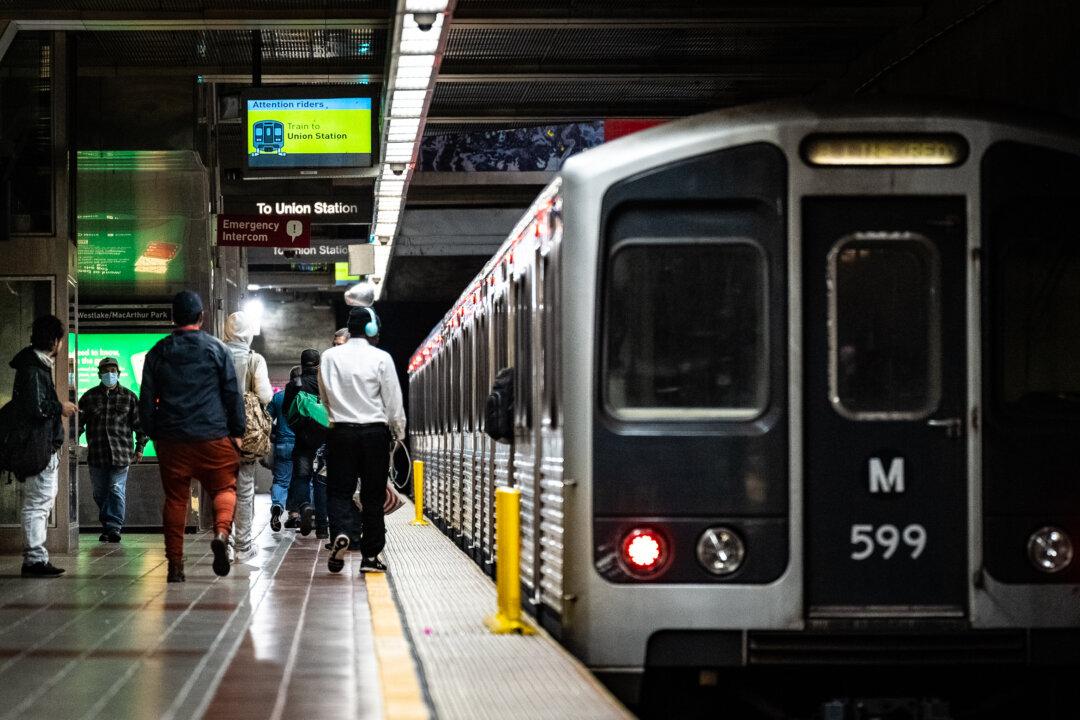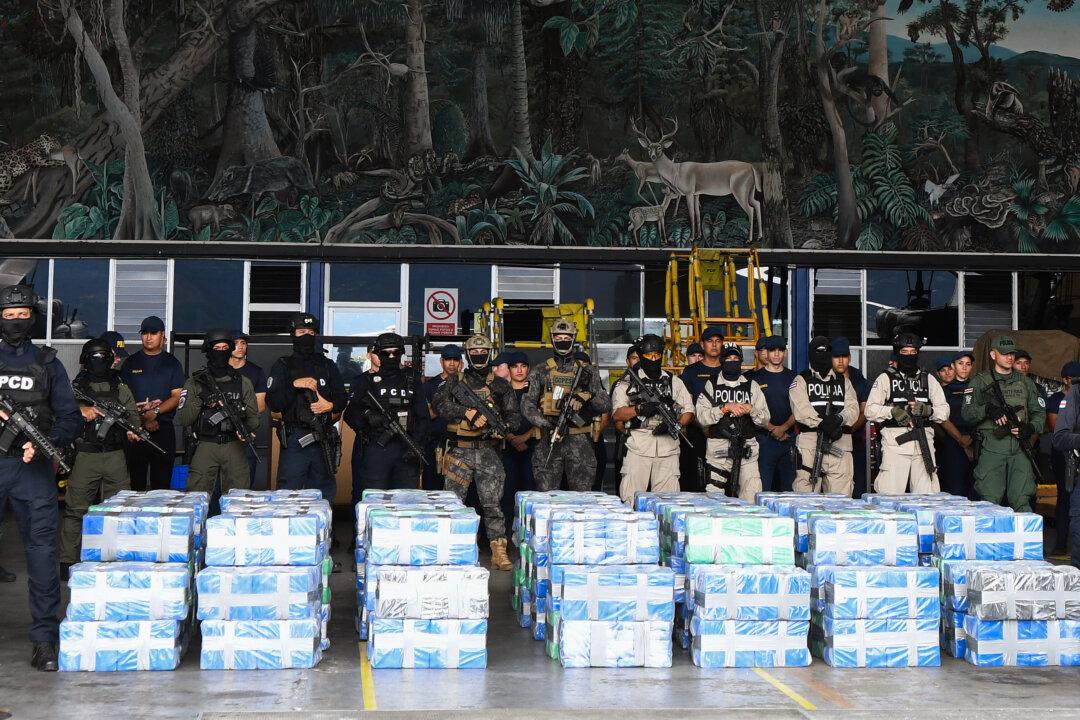A 30-year-old man was arrested Feb. 15 on suspicion of attacking a female Metro ambassador in Little Tokyo earlier that day.
According to LAPD’s Transit Services Division, the suspect approached the ambassador around 7:30 a.m. on the station platform, and without provocation, punched her in the face. She suffered a swollen cheek and chipped tooth, police said.





